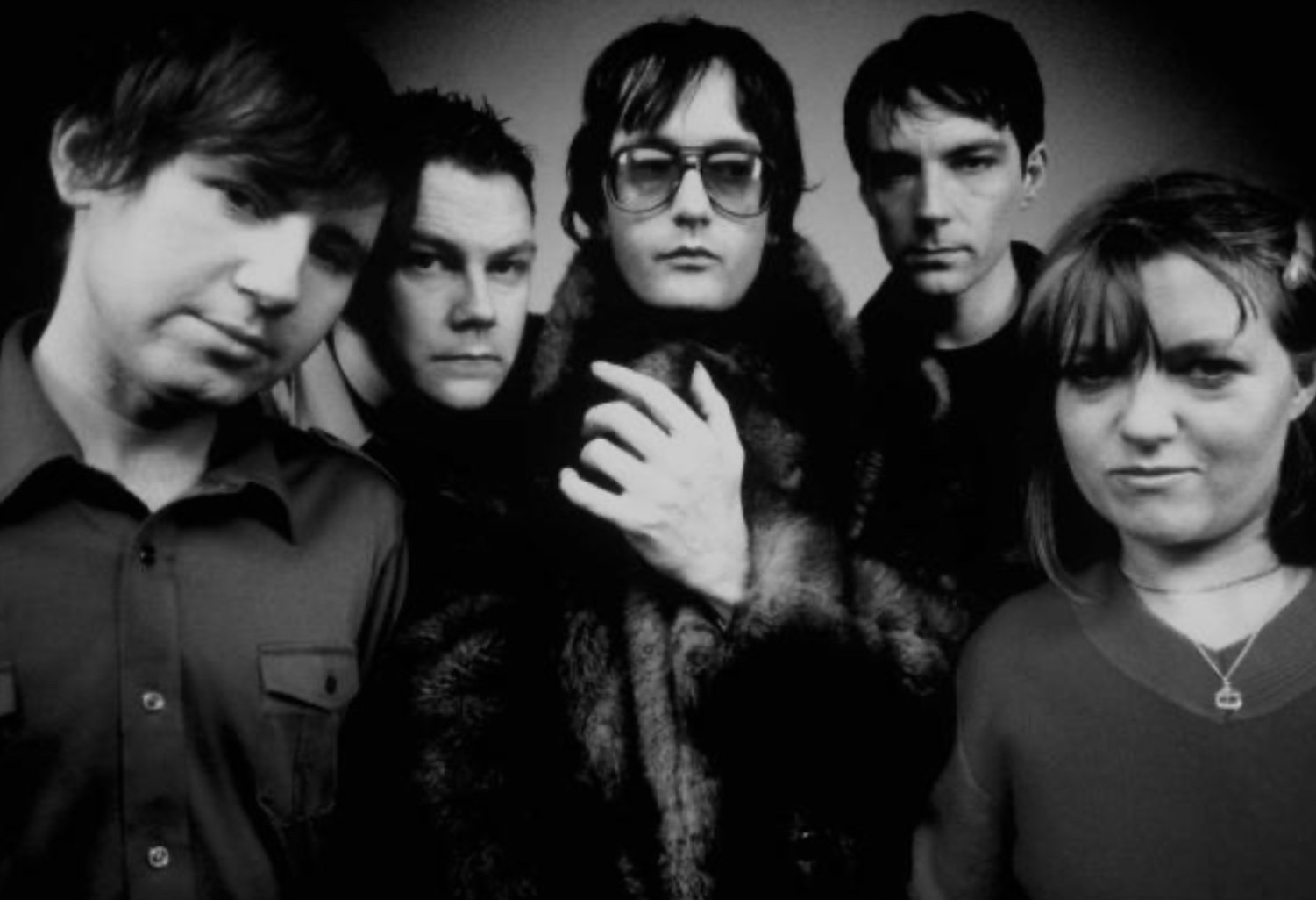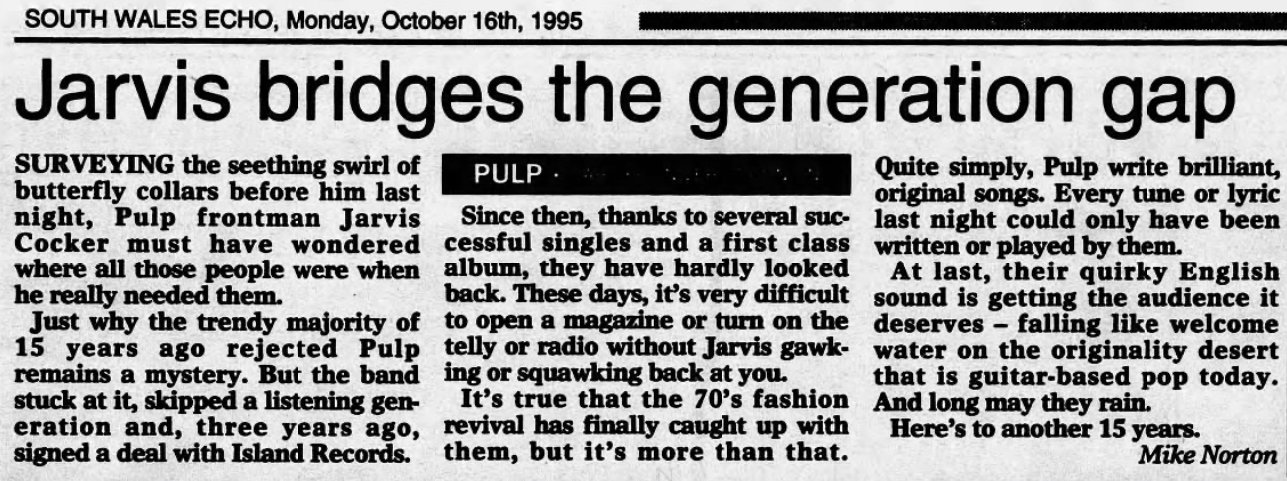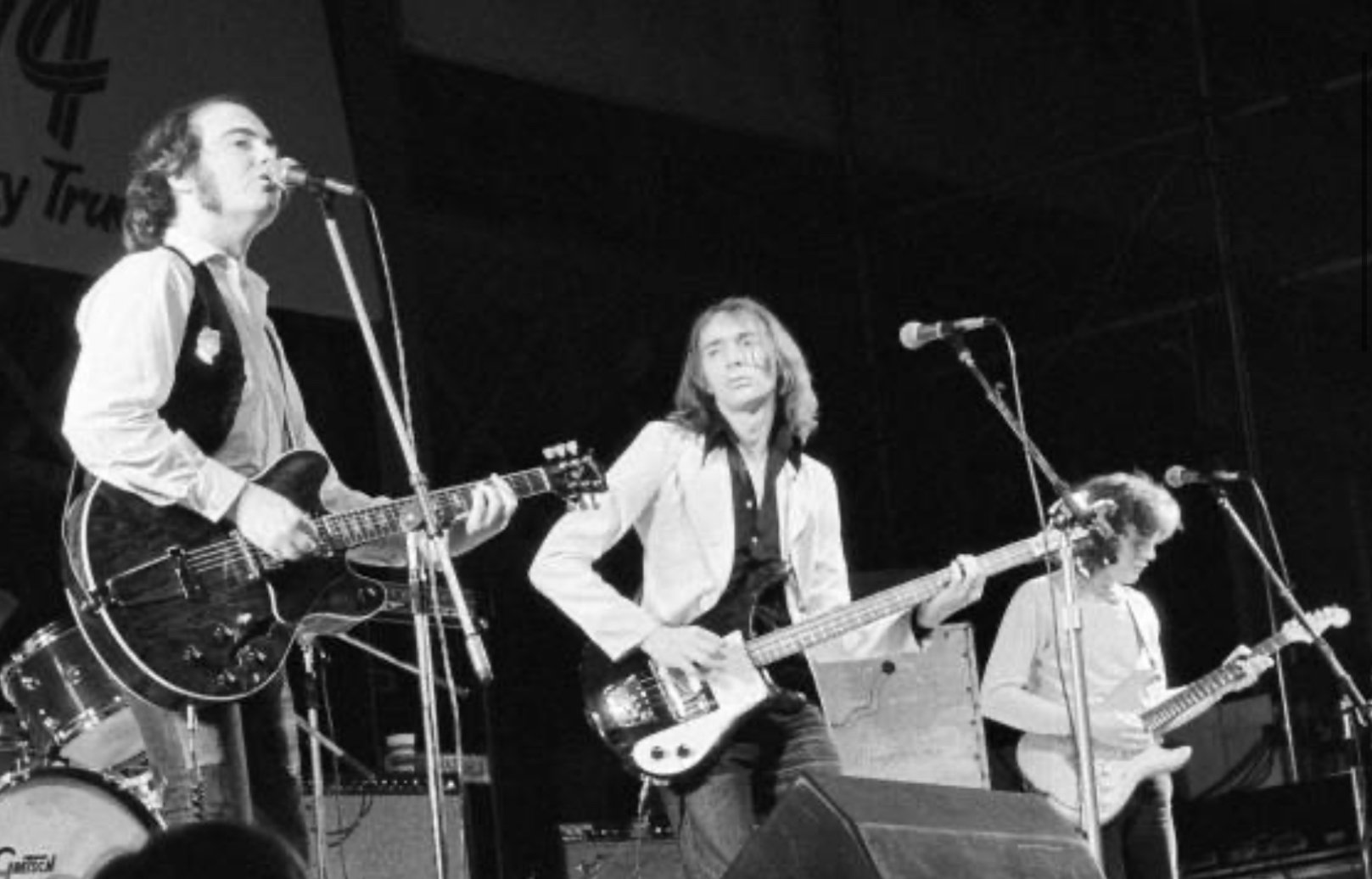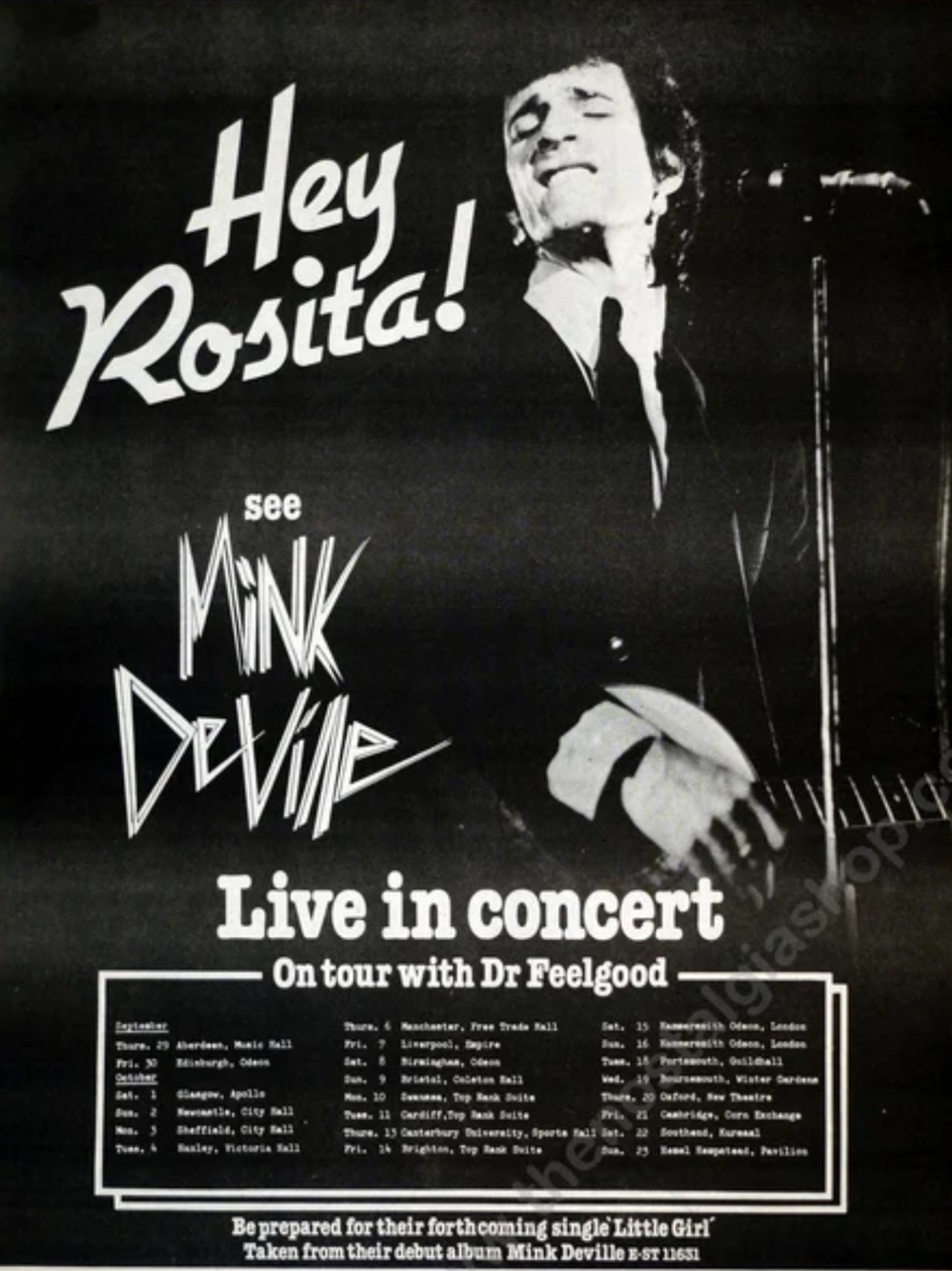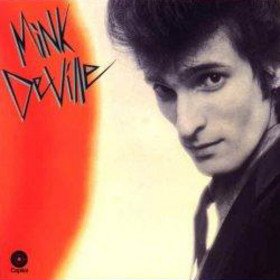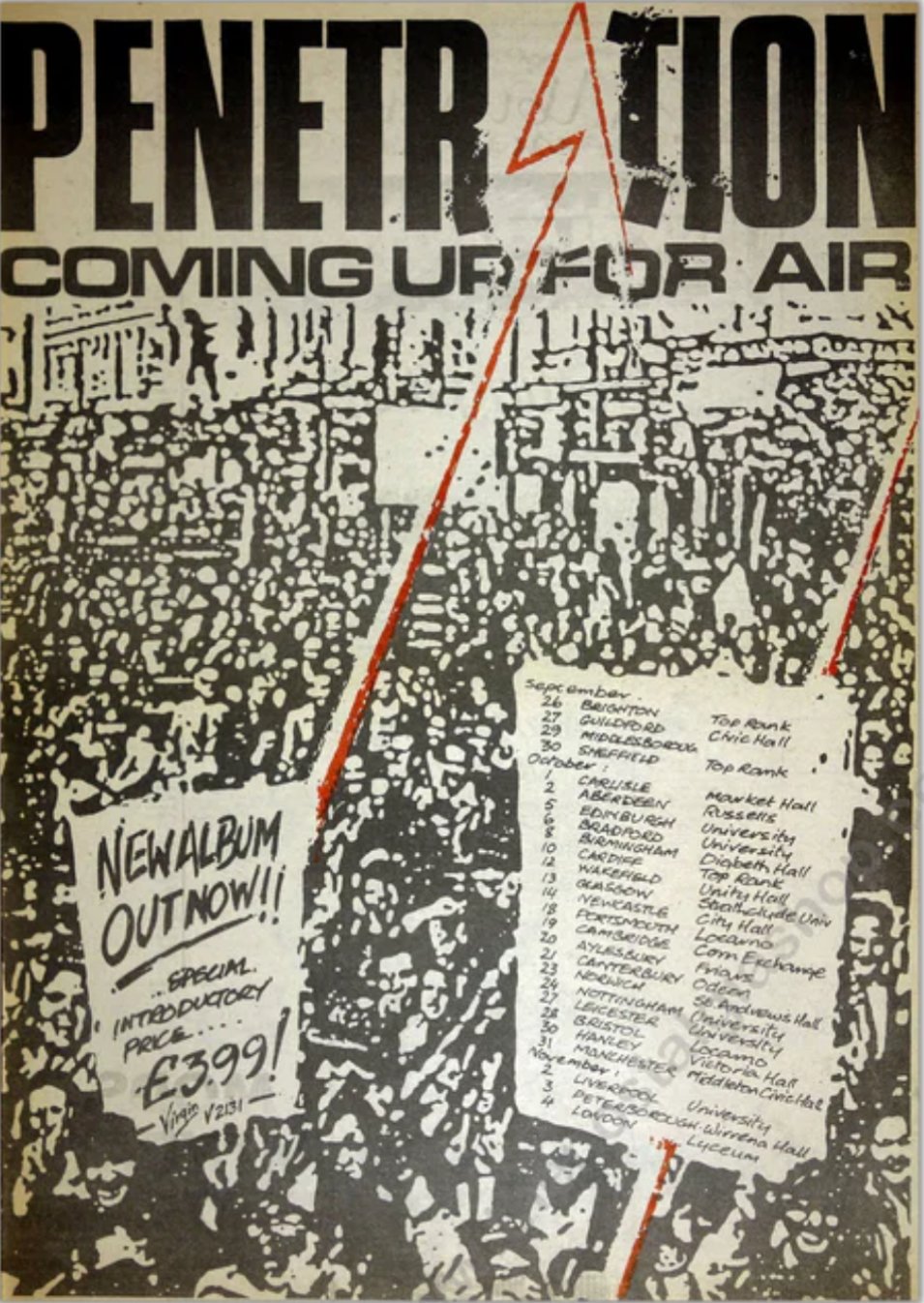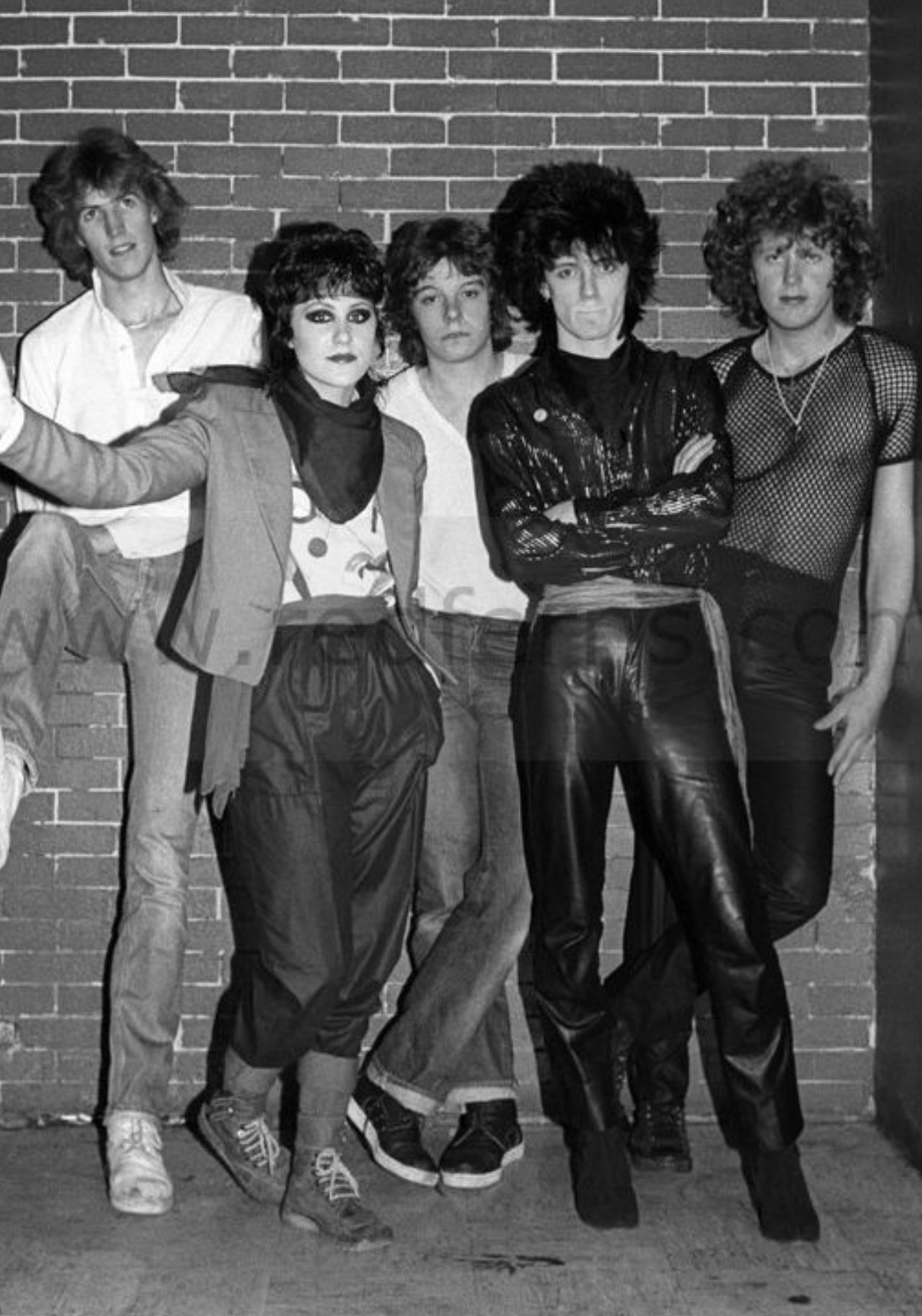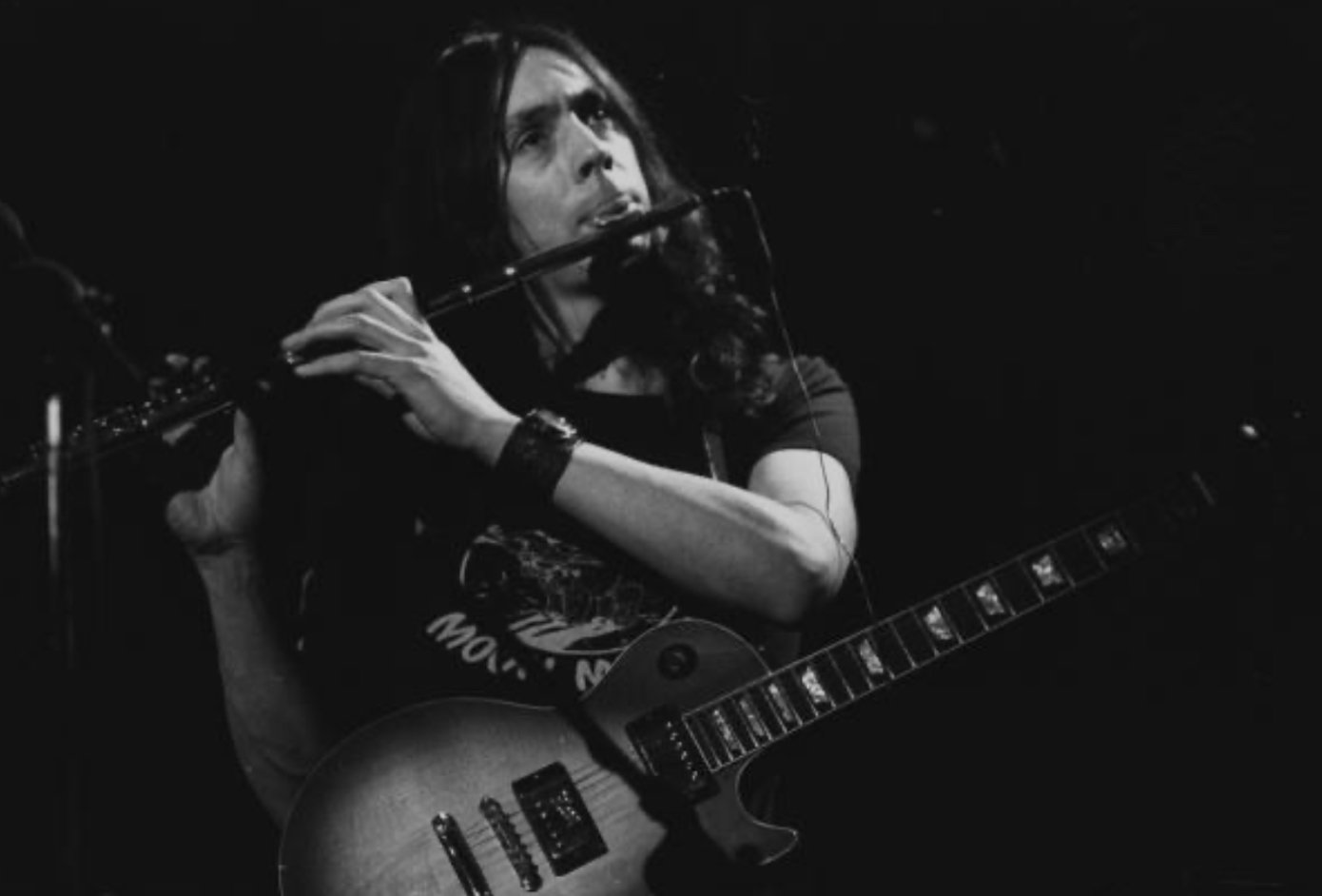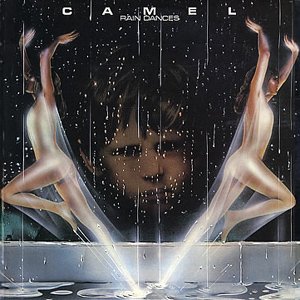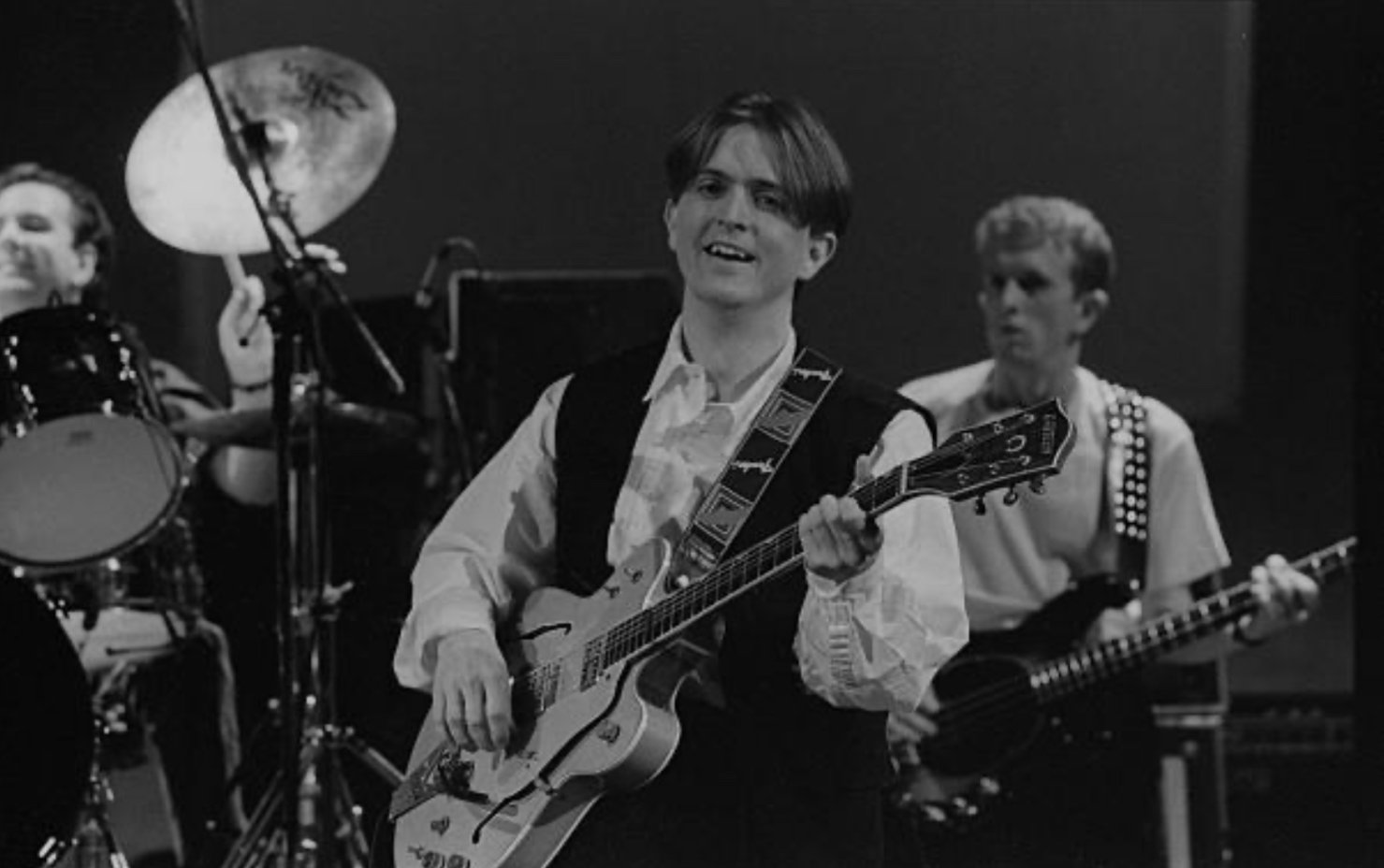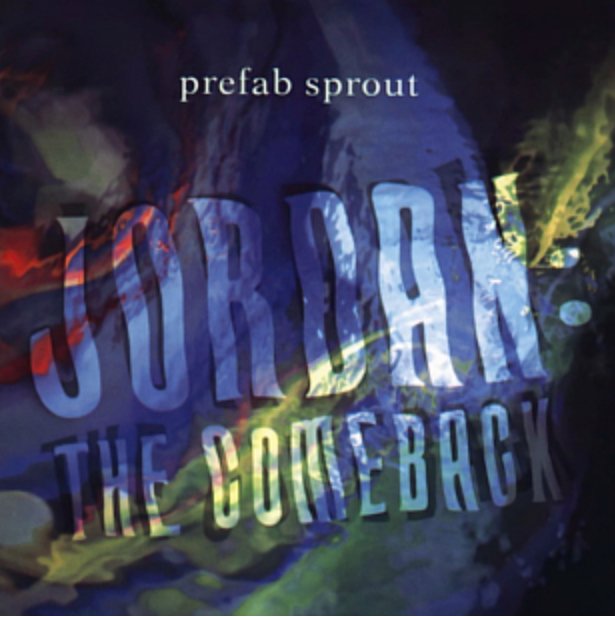Images may be subject to copyright
On this day, 15 October 1995, rock band Pulp played Cardiff University on their Different Class tour. The tour was in support of their fifth album Different Class.
The album was a critical and commercial success, entering the UK Albums Chart at number one and winning the 1996 Mercury Music Prize. It included four top-ten singles in the UK, "Common People", "Sorted for E's & Wizz", "Disco 2000" and "Something Changed".
Different Class has been certified four times platinum by the British Phonographic Industry (BPI), and had sold 1.33 million copies in the United Kingdom as of 2020.
Widely acclaimed as among the greatest albums of the Britpop era, in 2013, NME ranked the album at number six in its list of the 500 Greatest Albums of All Time while Rolling Stone ranked it number 162 in their 2020 revised version of the 500 Greatest Albums of All Time.
The album was released in the UK at the height of Britpop. It followed from the success of their breakthrough album His 'n' Hers the previous year. Two of the singles on the album – "Common People" (which reached number two on the UK Singles Chart) and "Disco 2000" (which reached number seven) – were especially notable, and helped propel Pulp to nationwide fame.
The inspiration for the title came to frontman Jarvis Cocker in Smashing, a club night that ran during the early 1990s in Eve's Club on Regent Street in London. Cocker had a friend who used the phrase "different class" to describe something that was "in a class of its own". Cocker liked the double meaning, with its allusions to the British social class system, which was a theme of some of the songs on the album. A message on the back of the record also references this idea: "We don't want no trouble, we just want the right to be different. That's all."
Review - South Wales Echo


